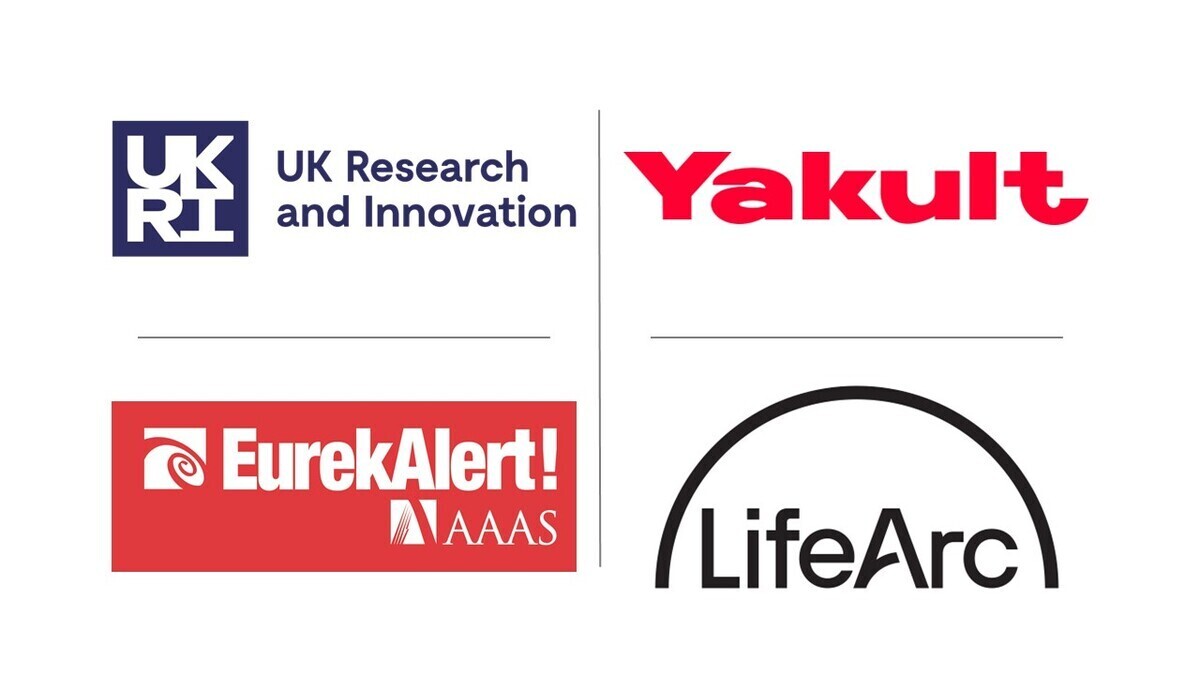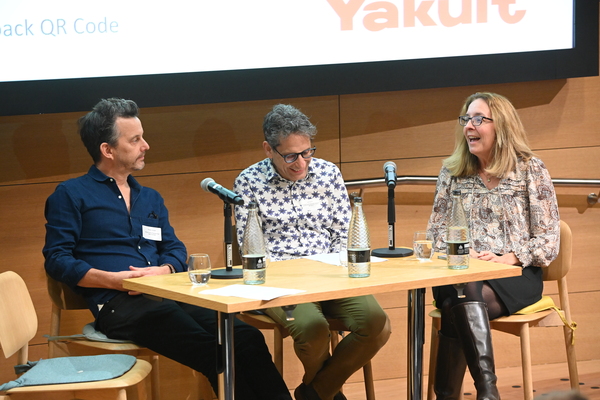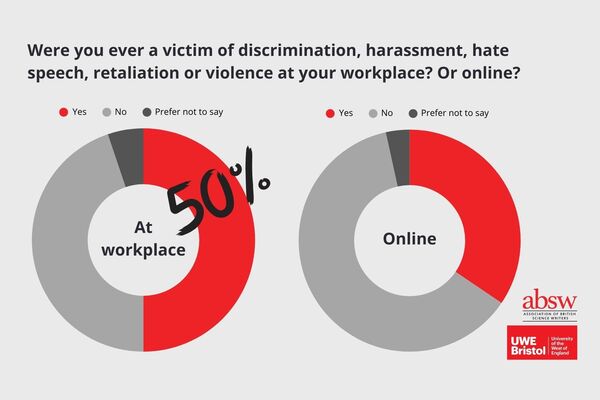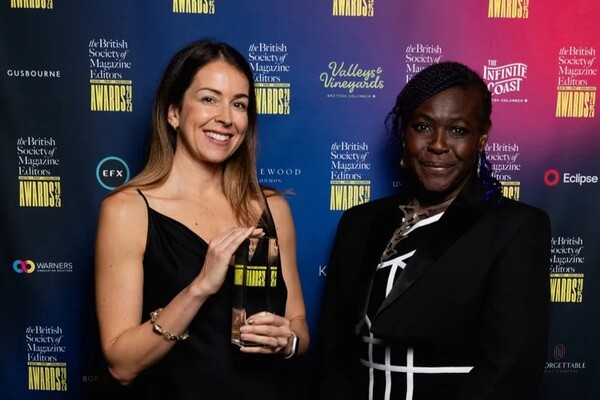Picture: (From the left-hand side) Rowan Hooper (New Scientist), Hugh Levinson (Radio 4), and Nicola Cook (BBC), at the UKCSJ2024 - © Mark Lewis Photography
Where are the science programmes on TV? Are streaming services interested in science-based factual series? And what is happening in the radio/podcast world? These were some of the questions that a panel of commissioners and editors discussed in a session at the UKCSJ24, on October 15, 2024.
Nicola Cook, Head of Development for BBC Studios, talked about the impact of the growth in choice of television services on science programming. She said it is now harder than ever to grab the audience's attention. "They’ve got to want to watch it as a piece of TV and to choose it over 'Love Island' or 'The Traitors'".
"My job is to find the story and sell it as a piece of entertainment, and weave in the science. Most people don’t sit down and say they want to watch a science show." – Nicola Cook, Head of Development for BBC Studios
Nicola explained that successes had come by trying out new formats, such as 'The Secret Genius of Modern Life', presented by mathematician Hannah Fry and commissioned by BBC1, which she described as "proper scientific content blended with history, and it’s funny". Another key was having compelling storytelling, as seen in 'Anthrax Attacks', made for Netflix and "a classic crime doc, but with amazing brand new DNA science".
For nearly a decade the BBC Studios science TV production team has been making programs for not only the BBC but also for other broadcasters, from domestic companies such as Channel 4, for which they made 'Fatberg Autopsy', and for international streamers such as Netflix.
Hugh Levinson, Commissioning Editor for factual programming, including ad hoc science documentaries, at Radio 4, agreed that most listeners don’t actively seek out science content. Like TV commissioners he looks for ways of attracting the audience to "chunky science issues". Hugh cited the mixture of science and comedy in 'The Infinite Monkey Cage', presented by Brian Cox and Robin Ince and 'Curious Cases', with Hannah Fry and Dara Ó Briain.
"Science infects the rest of the schedule." – Hugh Levinson, Commissioning Editor for factual programming at Radio 4
Scientific issues appear regularly in 'Book of the Week' – recent examples are Helen Czerski’s 'Blue Machine' and 'Alien Earths' by Lisa Kaltenegger – in dramas and current affairs series such as 'The Briefing Room'.
Rowan Hooper, senior editor at New Scientist magazine and host of the New Scientist Weekly podcast, told the UKCSJ that they make free podcasts to attract people to the magazine. This is particularly important in the US where the name New Scientist isn’t well known, and the title doesn’t tell them what’s inside the magazine. Rowan said the podcast is "quality work".
"We put the same amount of effort into it [free podcast] as we would a print story." – Rowan Hooper, senior editor at New Scientist magazine and host of the New Scientist Weekly podcast
Responding to the question of what subjects the audience wants to see and hear in 2024, Nicola Cook reminded us that TV is a visual medium and "the universe offers pictures of amazing things that you can’t quite believe exist, so it’s always going to work". So do celebrities, as the viewers want to see what "a famous person is getting up to".
Hugh Levinson commented that the audio is rather different, citing the fact that, despite the received wisdom that numbers do not work on the radio, Radio 4’s 'More or Less', the series about maths and statistics, remains very popular. The presenter, Tim Harford, has become "a really well-known character, again using those tricks of humor and personality and call back gags".
Rowan Hooper said that New Scientist grapples with the question of how to balance "the big and shiny stories" about the universe, for example, with the "really serious stories that are actually quite gloomy". He said that he nearly always puts a story about climate change or about the threats to biodiversity into the podcast but also offers solutions to the issue.
Nicola Cook and Hugh Levinson agreed that covering climate change in a way that engages the audience is a huge challenge. Nicola said that the subject had a moment about five years ago when David Attenborough presented 'Climate Change: The Facts' on BBC TV, which was followed by 'Extinction: The Facts'. Now, she said, people know "it’s happening, and as a result, they don’t want to hear any more about it".
Hugh Levinson hopes a new series on Radio 4, called 'Rare Earth', would broaden the discussion by talking about "our relationship with nature…with a background hum of climate change".
Deborah Cohen is a former editor at BBC Radio Science Unit and an ABSW Board member.
'How to best pitch for broadcast content in the UK and Germany', by Sharon Ann Holgate
'Nurturing the evolution of diverse science journalism', by Grey Enticknap
'Gems of wisdom for early-career science writers at UKCSJ24', by Grey Enticknap

With thanks to our partners and sponsors that made the UKCSJ24 possible.
EurekAlert! the ABSW's Lead Professional Development Partner
UK Research and Innovation Gold Partner, Excellence in Science & Technology Journalism
LifeArc Silver Partner, Excellence in Science & Technology Journalism
Yakult Bronze Partner, Excellence in Science & Technology Journalism










